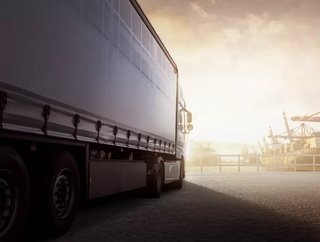Kearney/WEF: Supply Chain Resilience to Avoid Disruption

Part of an ongoing collaboration between global consultant Kearney, and the World Economic Forum (WEF), the two organisations have identified that only 12% of leading global companies are sufficiently protected against future disruptions in supply chains and operations. The remaining 88% urgently require additional measures to build resilience.
“Though the world is opening up, the challenges from COVID-19 are far from over, from ensuring safety and security on the shop floor and facing supply and demand disruptions, to accelerating digital transformation and reskilling to build resilience,” said Per Hong, Strategic Operations Partner and leader of the study at Kearney.
Disruptors Driving the Need for Resilience
- 76% of executives globally indicate COVID-19 as a significant disruptor, however only 40% of UK companies agreed with this
- 84% of UK executives believe geopolitical tensions will be disruptive to their company’s value chain in the next five years
- Globally executives believe that the impact of disruption on corporate value to increase by 15 to 25% over the next five years
- Other disruptive factors include emerging technologies, trade barriers, political uncertainties, social injustice and the implications of climate change
Despite the challenges presented by COVID-19, Kearney and the WEF highlight that COVID-19 has helped to prompt change. 60% of executives report that the crisis has encouraged them to pursue long-term resilience and prepare for future disruptions. With 75% seeing the pandemic as a dress rehearsal for future disruptions.
Support Will Be Needed to Build Long-term Resilience
In order to build resilience the majority of companies will require support, particularly in product portfolio, customer orientation, financial viability, and go-to-market channels, for logistics, manufacturing, suppliers, and planning.
Of those surveyed only 12% have heavily invested in their customer orientation, while 14% have mastered the development of a robust logistics system.
“So far, we have explored where resilience leaders are excelling and observed how companies can chart their own path; however, no company can manage the repercussions of large-scale disruptions alone. This is where collaboration between different players in the ecosystem becomes vital to enabling a rapid response,” added Hong.
“Organisations need clear and accessible support to identify priorities, manage risks and confidently define sustainable strategies to navigate disruption and uncertainty. Next generation operations and supply chain leaders will be defined by their ability to withstand and quickly adapt to increasingly disruptive headwinds, and the priority for many businesses now should be accelerating the resilience-building process so they can best respond to future disruption,” concluded Hong.
- Manufacturers struggle to keep supply chains resilient - BCGProcurement & Supply Chain
- 4 year supply chain delay for Toyota, as workers catch CovidProcurement & Supply Chain
- Textile manufacturing is moving in a sustainable directionProcurement & Supply Chain
- The answer to high tech supply chain challengesTechnology






